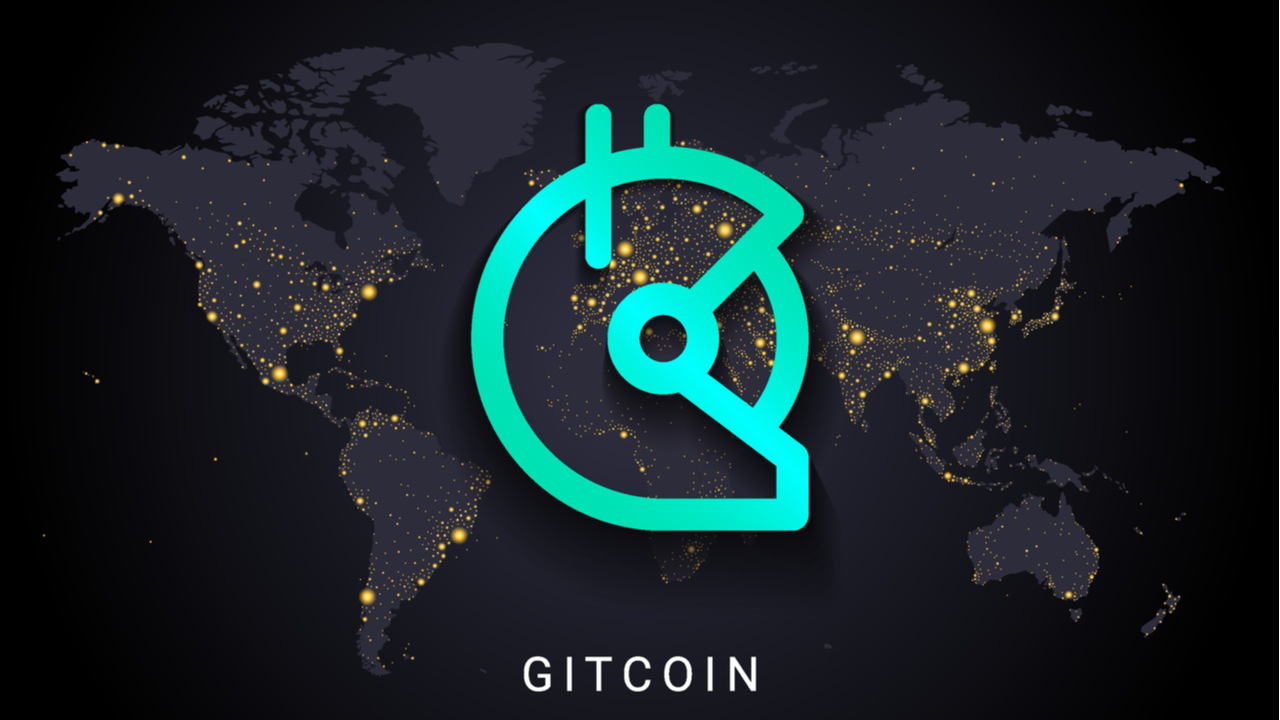Open source software funding platform Gitcoin recently announced a strategic shift in focus. Known for its flat organizational hierarchy and decentralized decision-making mechanism, the organization is moving away from public goods funding to concentrate on strengthening the grant infrastructure specifically designed for the Ethereum ecosystem.
New Direction for Gitcoin’s Organizational Structure
Since its launch in May 2021, Gitcoin has operated with a unique organizational structure, devoid of a traditional CEO. Instead, the decision-making process is distributed among workstreams, which are special groups that handle specific tasks or projects. However, as the organization evolved, Gitcoin observed that its decentralized approach became more technology-centric, leading to a disconnect within the current DAO structure.

In response, Gitcoin is undergoing a restructuring plan that introduces two distinct business units. One unit will specialize in coordinating product-specific work, while a subDAO will manage community and governance issues. Gitcoin’s executive director, Kyle Weiss, emphasized the importance of stability, operations, and software development in a fully remote DAO environment.
Weiss stated, “As we transition from being an impact organization to a technology organization, we want Gitcoin to be more associated with grants.”
Emphasis on Grants and Transition to “Labs” Structure
Weiss indicated that the organization will refocus on grants for the year 2024. The goal is to shift Gitcoin’s narrative from public goods funding to a more intense emphasis on grants. This involves transitioning to a structure similar to a “Labs” model, akin to existing protocol development teams like Uniswap Labs or Optimism’s OP Labs, from independent workstreams.
The aim is to ensure stability in software development and to strengthen the DAO with its material work scopes. Weiss highlighted the importance of giving software development teams more leadership and decision-making authority while allowing the community to focus on achieving results through grant programs that use token voting.
Weiss expressed skepticism about whether token holders are the right people to make multi-year roadmap decisions on the technology side, underlining the need for expertise in software development decisions.
Co-founder Kevin Owocki echoed this sentiment, saying:
“It’s not proven that DAOs can develop software, so the Labs team is designed to realize this within our organizational structure and ensure we develop world-class software.”
As Gitcoin charts this new course, it aims to strike a balance between decentralized decision-making and specialized focus, aligning its narrative with technology-driven initiatives in the Ethereum ecosystem. The transition to a “Labs” structure reflects a commitment to building robust software and ensuring the effectiveness of grant programs in the evolving landscape of Blockchain and decentralized finance.









